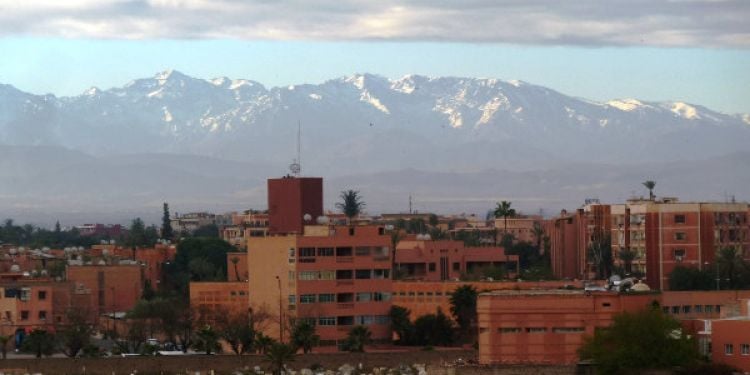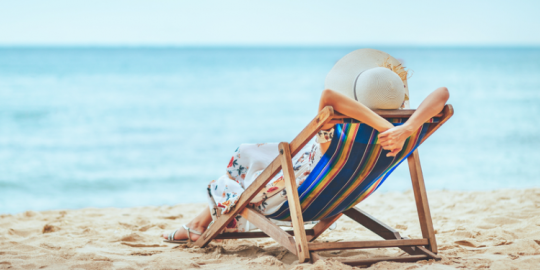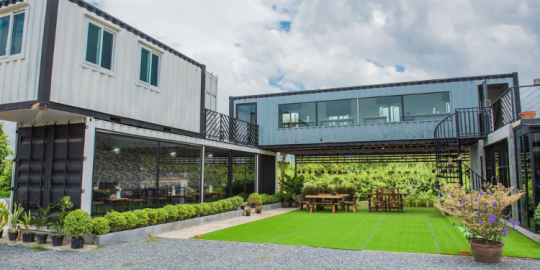Where are you from, Kathryn, and what are you doing nowadays?
I am Kathryn, a native Californian girl, born and raised. When I celebrated my fortieth birthday, I decided to take up belly dancing for fun and exercise, and used my vacation time to travel internationally. I had no idea those decisions would lead me to where I am today. I discovered the world of belly dance has a long and varied history and started doing some research on my own, to get a better feel for the cultural value this art form has in various places in the Middle East and North Africa. After a few years of traveling in Eastern Europe, and having come to a point in my belly dance research to start seeing the places and people I had studied about, it was time to launch the North African part of my travels.
Why North Africa? The Middle East is not an area where I would feel comfortable traveling to as a single, Western woman, even in an organized tour group. My first trip to Morocco, in March, 2007, was a life changer. Before the day I actually arrived, several challenging events presented themselves with airlines and weather and the tour I was meeting, giving me ample opportunities to turn back and go home. I did not. I remember clearly the moment I stepped out of the airplane onto the air stairs, my very first thought was: "I'm home!". I spent the next several years traveling to Morocco and finally decided Marrakesh was going to be my future home.
I worked for a global telecommunications company when I first started traveling to Morocco and was nearing retirement. So my research and focus of interest gravitated to Morocco, its people, places, culture and lifestyle. On each visit, I met more Moroccans, who eventually became my friends and extended family.
Moving to a foreign country is not a common thing within my social and financial circles, so research was critical. I also wanted to contribute to the community of my new home and those options and opportunities had to be examined as well. In the end, I managed to find and buy an apartment in the area I wanted, I earned a TESOL (Teaching English to Speakers of Other Languages) certificate in Marrakesh. Nowadays, I do the work I love: tutoring and teaching in a boutique tourism environment.
Why did you choose Marrakech?

California is a hotbed of discussion and argument around the immigration issue. I am humbled by the drive, courage and sacrifice many of these immigrants face to make a better life, as well as the contribution they make to the communities where they live. I have always wondered if I had it in me to go through all the challenges necessary to live someplace where I don't have friends or family for support, and where I don't know the language, customs, country or politics, and make a life for myself. It wasn't until I had my epiphany upon landing in Morocco, that I gave serious thought to testing my courage and resolve to become an immigrant. Over the years, between my first visit and my first days as a resident, many things fell into perfect (almost too perfect!) place to allow me to get to where I am. Too many things went right for this decision to be wrong for me.
How long have you been living in Marrakech?
I have been living in Marrakesh for five years, in the Bab Doukkala neighborhood. I am married, but my husband is back in California. So I live in Morocco three to four months at a time and alternate between California and Marrakesh to split my year between my two homes.
What were the procedures to follow to move to Morocco?
I did my research so I had an idea of what to expect when purchasing property, establishing utilities and eventually applying for a Carte Nationale. I however followed some rather unconventional procedures for finding an apartment, and hired an English speaking Moroccan to act as my "assistant" to scout out locations on foot, looking for property in the area I wanted, with the exact specifications and within my budget. I dealt directly with the builder, there was no black money involved, and the Notary was well established and managed the process between the builder, and my assistant and I.
This is admittedly a very risky way to do business and I would not recommend it. I am not ordinarily a high risk taker, but the more I do business here, I find that I fly by the seat of my pants with nearly everything, and consequently find myself somehow managing. Written structure is not something I would say there is an abundance of in the world of commerce here. Intuition and unspoken procedures are frequently the name of the game.
Has it been easy to find a job in the country?
I manage to find part time work as an independent contractor. I am not looking for formal, full time employment. There are volunteer opportunities in many locations for English teachers.
How do you find the Moroccan lifestyle?

I wouldn't be honest if I said it was easy. It is a culture of verbal communication. None but major streets are marked and until you learn common landmarks, finding your way around outside of the tourist areas, can certainly be a challenge. It's hard to shop and get things done, simply because things are sold differently here and often in specialty shops. Baking soda is a medicine so it is sold in the pharmacy, hardware stores can be small neighborhood shops stuck in between a general market and cosmetic shop. It can all be figured out in time. Sometimes, the language barrier can be a challenge.
I am picking up key words and phrases but really, it's not a big deal for me.
Socially, adapting is difficult. I want to respect the culture for a woman of my position. My Moroccan friends are mostly family members who are home at night. I do have a number of expat friends I socialize with and some younger Moroccans who do not have family in the city. There is some entertainment like movies and bowling, but most of my social time is spent in a cafe having coffee, tea or orange juice and talking. There is an abundance of cafes where one can spend an entire day watching the world over a single cup of coffee and never be asked to leave.
Seeing the poverty every day is very hard and can build up to make wanting to stay a question the think about. The sexual harassment through stares, comments, offers of help and information can also be overwhelming at times. Keep in mind, Marrakesh is not like most other cities in Morocco. It is a mecca for tourists and with that, brings in an element of people and crime that is not seen in other cities.
What do you like the most about Marrakech?
I love the Medina for it's rich history and lifestyle from centuries past. The variety of food is outstanding (street food is delicious and inexpensive), traditional clothes are comfortable and attractive, and can be elaborately decorated or stylishly plain. Most Moroccans are friendly, open and have a great sense of humor that is contagious!
Have you been able to adapt yourself to the country and to its society?
I have adapted, generally. Each stay brings new challenges and so far, I've met each one and come out on top.
What is your opinion on the cost of living in Morocco? Is it easy for an expat to live in the country?
The cost of living is high in Marrakesh, but affordable if you live like a Moroccan. Shop with the street merchants and your money will go further. Utilities are affordable and like in the US, costs are based on your usage. Housing by California standards is very affordable, depending on where you want to live.

What are the differences between life in your home country and in Morocco?
The differences in life between the US and Morocco are many. What makes this country my second home is the similarities between people. They want to put food on the table for their family, want a roof over their heads and work to make a better life. Most families value education but whether they can afford to let the kids go to school depends on the situation of the family, who brings home the money, who works the farm, etc.
What advice would you give to soon-to-be expatriates?
Test drive your new country before committing to a move. Visit through all seasons and see many places to find your epiphany. You don't really start understanding the lifestyle until you've absorbed the candy coating to get to the many deep layers underneath. Some of the layers are bitter, gritty, distasteful, while others bring pure joy. If the joy outweighs your distaste, you've taken the first step to becoming an expat in Morocco. When I leave and come back, I always experience a bit of culture shock.
I find upon returning to Morocco, specifically Marrakesh, it takes a few days to adjust to the crazy karma that is intractably woven into the fabric that makes this city what it is. It's like standing next to a colorful carousel, emitting a cacophony of sounds as it whizzes past. You're hypnotized and drawn to this huge, magical thing. It is going at such speed things are a blur, and you at first miss the rubber hand that sticks out beyond the perimeter of the carousel and smacks you in the back of the head as it speeds by! Bam! You're caught completely off guard the first time and a little dizzy and confused, pick yourself up and dust off. Bam! The second time around, you're starting to realize what's going on, and pick yourself up once again. Bam! By the third smack, you know the timing and what to look for, and dusting yourself off for the last time, you prepare to duck in time to miss being hit once again. You're finally ready to jump on the carousel full speed and become part of the madness. Take a deep breath, start running, grab hold and jump on for one wild ride. There's nothing else like it.
Any future projects?
Checking out other volunteer opportunities.

















Contact us to be featured in the Interviews section.
Participate